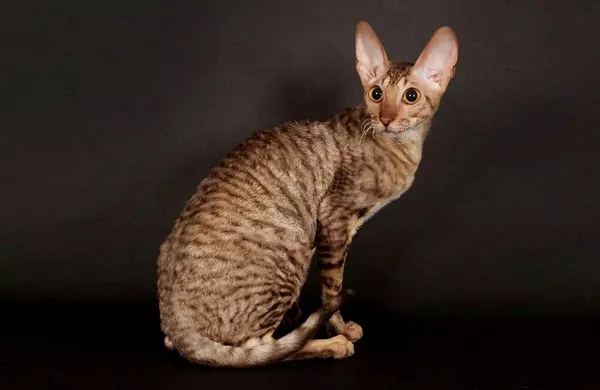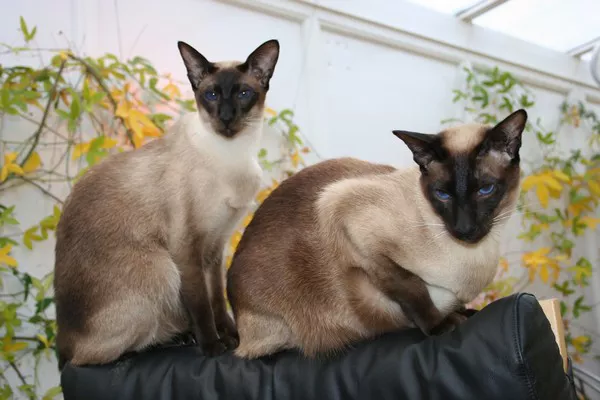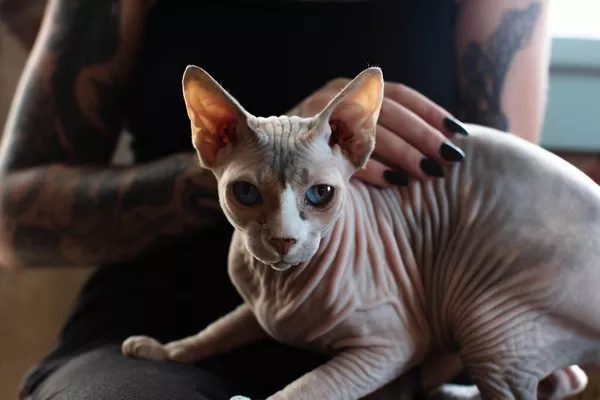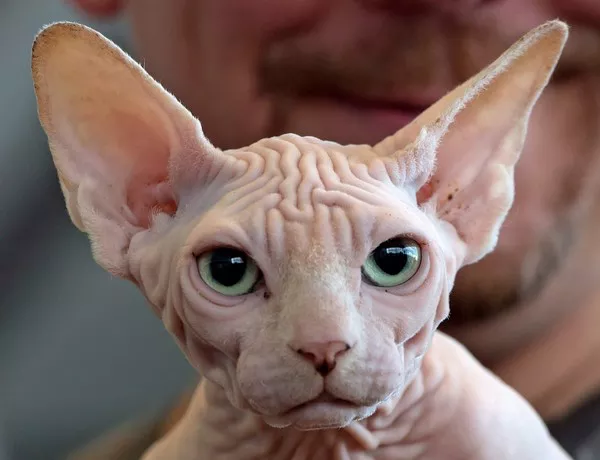The Cornish Rex is a unique and elegant breed of cat known for its distinctive curly coat and sleek appearance. These felines have high energy levels and a playful nature, making them beloved companions for cat enthusiasts. Providing the best nutrition for a Cornish Rex is essential to support their active lifestyle and maintain their overall health. In this article, we will explore the optimal diet for a Cornish Rex, considering their specific nutritional needs and dietary preferences.
Understanding the Cornish Rex Breed
Before delving into their dietary requirements, it’s important to understand the unique characteristics of the Cornish Rex breed. Cornish Rex cats have a slender and athletic build with long legs and large ears. Their most striking feature is their curly coat, which lacks guard hairs and is incredibly soft to the touch. This coat requires special care and attention to maintain its quality and appearance.
Nutritional Needs of Cornish Rex Cats
1. Protein
Protein is a crucial component of a Cornish Rex’s diet. As an active and agile breed, they require ample protein to support their muscle development and energy needs. High-quality animal-based proteins, such as those found in poultry, fish, and meat, are essential for meeting the Cornish Rex’s dietary requirements.
2. Fats
Fats provide a concentrated source of energy and are essential for the absorption of fat-soluble vitamins. Additionally, fats contribute to the health of a Cornish Rex’s skin and coat, helping to maintain their signature curly fur in optimal condition.
3. Carbohydrates
While cats are obligate carnivores, meaning they primarily require animal-based proteins, some carbohydrates can be included in their diet as a source of energy. However, it is important to choose complex carbohydrates from sources like whole grains and vegetables, rather than simple carbohydrates like corn or wheat, which may be less beneficial for felines.
4. Vitamins and Minerals
Vitamins and minerals play crucial roles in a Cornish Rex’s overall health and well-being. Vitamin A is essential for maintaining healthy vision and supporting the immune system, while minerals like calcium and phosphorus are vital for bone health.
Commercial Cat Food Options
1. High-Quality Commercial Cat Food
One of the easiest ways to ensure a Cornish Rex receives the proper nutrition is to choose high-quality commercial cat food. Look for cat food brands that use real animal proteins as the primary ingredients and avoid those with excessive fillers and artificial additives. Opt for cat food specifically formulated for adult cats or all life stages, as it will provide a well-balanced diet suitable for the breed.
2. Wet vs. Dry Cat Food
Both wet and dry cat food can be suitable for Cornish Rex cats, and some owners choose to incorporate both into their pet’s diet. Wet cat food offers higher moisture content, which can help keep cats hydrated, especially if they are not prone to drinking water frequently. Dry cat food, on the other hand, may aid in dental health by reducing plaque buildup. Ultimately, the choice between wet and dry cat food depends on the individual cat’s preferences and needs.
Home-Cooked and Raw Diets
While some pet owners prefer to prepare homemade or raw diets for their cats, it is essential to approach this with caution and consult with a veterinarian or veterinary nutritionist. Preparing a balanced and complete homemade diet requires careful planning to ensure all essential nutrients are provided in the right proportions. Additionally, raw diets carry potential risks, such as bacterial contamination, and may not be suitable for all cats.
Consideration for Special Health Conditions
Some Cornish Rex cats may have specific health conditions or sensitivities that require specialized diets. For example, some cats may have food allergies or intolerances that necessitate limited-ingredient or hypoallergenic diets. If your Cornish Rex has any health concerns, consult with a veterinarian to determine the most appropriate diet for their needs.
Hydration and Water
Proper hydration is crucial for a Cornish Rex’s well-being, especially since they are active and may lose water through physical exertion. Always ensure fresh, clean water is readily available for your cat, and monitor their water intake to ensure they are adequately hydrated.
Avoiding Harmful Foods
Certain human foods can be toxic to cats and should be avoided at all costs. Foods such as chocolate, onions, garlic, grapes, raisins, and alcohol can be dangerous and even life-threatening to cats. Additionally, foods high in fat or salt should be limited in their diet.
Feeding Schedule and Portion Control
Establish a regular feeding schedule for your Cornish Rex to promote a healthy eating routine. Divide their daily food intake into several small meals throughout the day to support their metabolism and energy levels. Monitor your cat’s weight and adjust their portion sizes accordingly to maintain a healthy body condition.
Observing Dietary Changes
If you decide to switch your Cornish Rex’s diet, do so gradually over the course of a week or two to avoid upsetting their digestive system. Gradual transitions help minimize the risk of digestive upset and allow your cat to adapt to the new food comfortably.
The Role of Regular Veterinary Check-ups
Regular veterinary check-ups are crucial for monitoring your Cornish Rex’s overall health and ensuring their nutritional needs are being met. Your veterinarian can provide personalized dietary recommendations based on your cat’s specific needs and lifestyle.
Conclusion
Choosing the best food to feed a Cornish Rex is essential for supporting their active lifestyle, maintaining their signature curly coat, and promoting overall well-being. High-quality commercial cat food that provides a balanced blend of animal-based proteins, fats, and essential nutrients is a suitable option for most Cornish Rex cats. Always monitor their weight, hydration, and overall health, and consult with a veterinarian for personalized dietary recommendations. By providing your Cornish Rex with the optimal diet, you can ensure they lead a healthy, happy, and active life as your cherished feline companion.


























